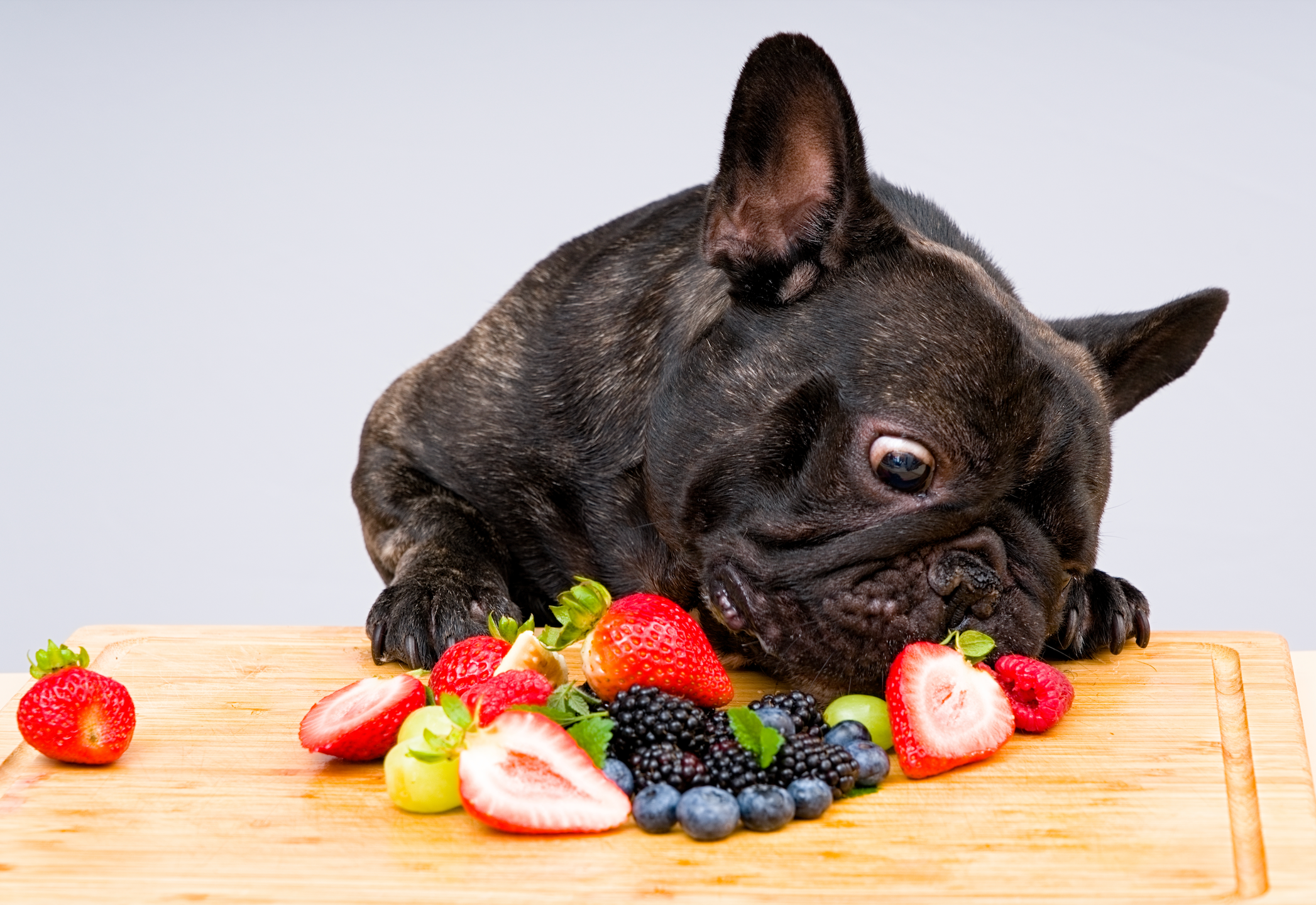Your cart is empty. Let's fix that!


Are you wondering if you should be adding a lil’ something fresh to your dog’s kibble? Find out how to address gaps in your dog’s diet and which fresh foods are best for them!
It’s a no-brainer to add a scoop of pet food to your dog’s bowl, but taking a few extra minutes to add some fresh ingredients can have some big benefits for your dog! Here’s how adding human food to your dog’s food can improve their well-being:
Unfortunately, many kibbles use grains and fillers to bulk out their formulas, leaving minimal amounts of key nutrients in each bite. Seeking out a balanced diet of protein-rich, nutrient-dense kibble or wet dog food can help to reduce those imbalances, but you might still want to serve an extra boost of nutrients in your dog’s diet! For instance, you could give your dog with joint problems a little bit of fresh fish with their dinner to provide an extra dose of omega 3 fatty acids.
Wondering what to add to dry dog food for picky eaters? Do you have a dog suffering from low appetite? There are plenty of tempting and nutritious fresh foods that you can add to dog food to make them eat it with excitement! You can add some of their favorite fresh ingredients as a topper or use a liquid like bone broth or goat’s milk to make their whole dinner saucy and delicious.
Just as with people, including a variety of foods in their diet helps with physical and mental health! While there’s nothing wrong with having a staple diet that covers all the nutritional basics, adding fresh food gives a boost of vitamins and minerals while also providing flavor excitement and helping to prevent your BFF getting bored with their food.
A 2005 Purdue University study showed that fresh vegetables added to a dog’s diet just 3 times a week reduced their risk of developing one type of bladder cancer by over 70%! There’s a lot more research to be done on how feeding your dogs and cats fresh foods can help with other conditions, but there is clear evidence to support the benefits of fresh food for good health for years to come.
It’s always a good idea to research any new foods you want to add to your pet’s diet to make sure they’re a good fit for dogs with allergies or any other dietary needs. The best supplements to add to your dog’s food are just as unique as your dog! This list will get you started with some vet-favorite ingredients that offer major health benefits and are beneficial for most dogs:
Raw, freeze dried, or dehydrated meats can boost the protein content of your dog’s dinner while also offering other key nutrients.
Vegetables are a good source of fiber and a wide variety of vitamins! Most dogs don’t chew their food enough to break down the tough cell walls of plants and get their full nutritional value, so it’s best to puree, lightly steam, or dry roast any raw vegetables to make their nutrients accessible.
Fruits are easy to digest and can be fed to your dog raw. While they are frequently great sources of moisture and antioxidants, they can also be high in sugars and should be fed in small amounts.
While many common dairy products are high in fat and can cause digestive problems, there are a select few that can be excellent natural sources of probiotics! They make a mouth-watering and safe topping for dog food that turns dry kibble into something wonderfully saucy. Use a light hand to avoid excess fat and calories—a little goes a long way with these ingredients.
Whatever human foods you choose to share with your dog, they should be plain and unseasoned! If you’re looking to expand your pup’s menu, take a look at which seasonal fruits and vegetables are dog-safe.
Adding fresh food to your pet’s diet may feel intimidating, but it can be surprisingly simple. Try these techniques to make adding a little fresh food into your dog’s meals feel like an easy part of your routine:
Feeding fresh food isn’t all or nothing! You don’t have to commit to a full raw food diet on day one. In fact, you shouldn’t make too many changes to your pet’s expertly-formulated balanced diet. Check with your vet for your pet’s unique needs, but a good estimate is that less than 15% of their total daily calories should come from added foods, while the remaining 85% should come from their staple diet.
You don’t have to feed fresh food every day, either, so don’t get discouraged if you miss days. Adding fresh ingredients just a few days a week can make a difference to your dog’s health!
Planning additions to your dog’s food ahead of time can make it less of a daily hassle. Try preparing a batch of pureed vegetables at the start of the week to add to your dog’s kibble every day. You can pre-portion ingredients like diced or ground meat in bulk and freeze them. All it takes is popping a portion in the fridge in the morning and it should be thawed in time for your dog’s dinner.
You don’t have to start a new grocery list just for your dog! Keep things simple by using the dog-safe ingredients you have on hand. This strategy can actually help reduce food waste as you can feed your dog the brussels sprouts that your human family refuses to eat before they go bad!
We all want the very best for our pets, and that definitely includes their food. If a little extra time in the kitchen can help our dogs live a long, happy life, we’re ready to don our aprons and get to work!